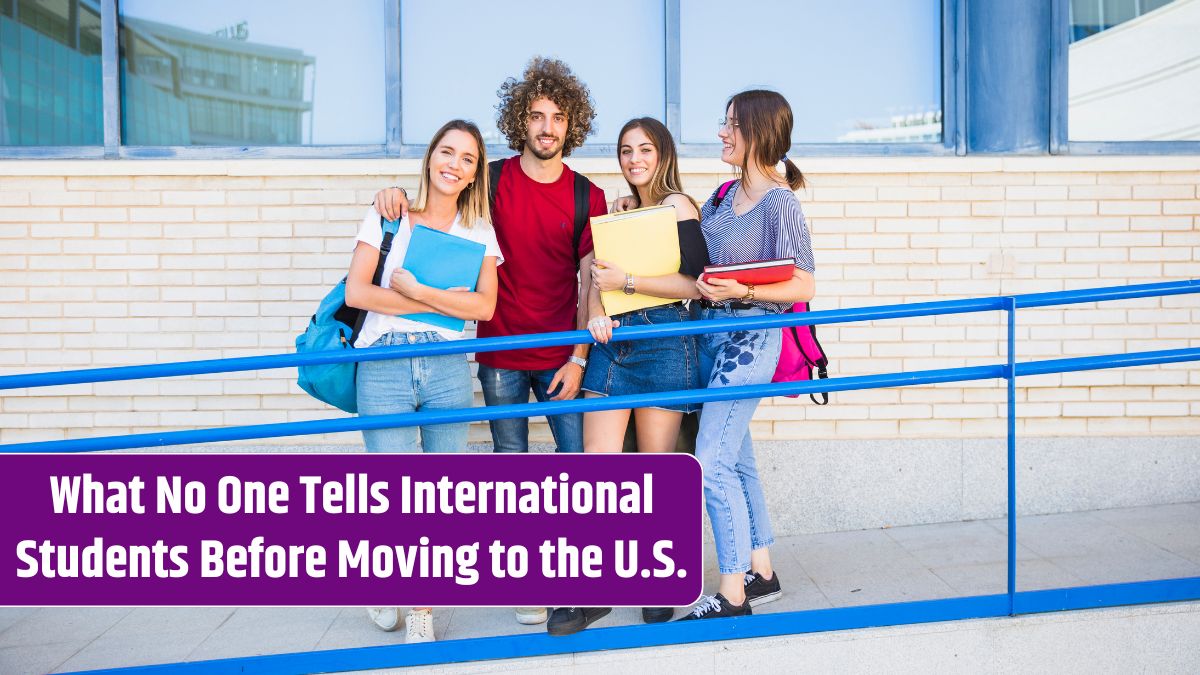The UK is rolling out major changes to its work visa system in June 2025. These reforms will affect skilled workers, international graduates, employers, and sectors that rely on overseas talent. If you’re planning to apply for a UK work visa or recruit from abroad, knowing these updates is key to avoiding costly mistakes and delays.
This guide explains what’s changing, why it’s happening, and how you can prepare.
Table of Contents
Overview
Here’s a snapshot of the most important changes to UK work visa rules starting in June 2025:
| Change | Details | Effective Date |
|---|---|---|
| Skilled Worker Salary Threshold | Increased from £26,200 to £38,700 | April 9, 2025 |
| Shortage Role Minimum Salary | Raised to £25,000 | April 9, 2025 |
| Visa Application Fees | Increased by 5–10% | April 9, 2025 |
| Youth Mobility Scheme | Proposed for EU citizens | Under negotiation |
| Salary Deduction Rules | New limits on allowable deductions | April 2025 |
| Employer Sponsorship | Stricter audits and reporting rules | April 2025 |
Why These Changes Are Happening
Post-Brexit, the UK government has been reshaping its immigration policy to encourage highly skilled migration and reduce reliance on low-paid foreign labour. With net migration figures exceeding 670,000 in 2024, these new rules are meant to ease pressure on housing, public services, and wages.
The government is also aiming to boost domestic employment by ensuring higher pay and job quality for UK workers.
Key Work Visa Changes Explained
The biggest change is the jump in salary requirements for skilled worker visas—from £26,200 to £38,700 a year.
This move primarily affects industries like hospitality, care, retail, and lower-level service jobs that previously relied on migrant workers earning less than £30,000.
Salary Floor for Shortage Occupations
Jobs on the Shortage Occupation List—like health care assistants, lab technicians, or construction workers—now have a higher salary floor of £25,000 (up from £23,200).
These roles still have a discounted salary threshold compared to the general skilled visa route but require more from employers in terms of pay and compliance.
Increased Visa Application Fees
Visa fees have gone up by 5–10%. For example:
- Visitor visa (6 months): £127
- Skilled Worker visa: Up to £1,500+ depending on job type and duration
These changes reflect rising admin costs and increased demand on the Home Office.
New Youth Mobility Scheme with EU
The UK is negotiating a Youth Mobility Scheme with the European Union, similar to those already in place with countries like Canada and Australia.
If approved, this will allow people aged 18–30 to live and work in the UK (and EU) for up to 12 months without employer sponsorship.
This would open valuable short-term opportunities for younger applicants.
Stricter Salary Calculations
Employers can no longer include reimbursements, loans, or other deductions in calculating the applicant’s salary.
The purpose is to stop employers from inflating salaries on paper just to meet visa requirements.
Tighter Sponsorship Compliance
Employers will face stricter scrutiny from the Home Office. Audits, record-keeping, and employee tracking will become even more important.
Failure to meet these standards could lead to suspension or revocation of the sponsor licence.
Sector Impact
Most roles remain eligible under the shortage list, but salary increases mean employers must budget more carefully. NHS positions are largely unaffected but still subject to compliance rules.
IT and Tech
Most tech salaries already exceed the new threshold. But startups may face challenges in hiring entry-level roles that fall below £38,700.
Hospitality and Retail
These sectors face the biggest hurdles. Many jobs in these industries will no longer qualify under the new rules. Employers will need to:
- Increase wages
- Hire locally
- Rethink roles that were previously filled by overseas staff
Tips for Applicants
- Confirm your job meets the new salary threshold
- Prepare for higher visa costs and required documentation
- Watch for Youth Mobility updates if you’re aged 18–30
- Keep your records clean and up to date
Tips for Employers
- Audit all salaries to ensure compliance with new thresholds
- Update your HR systems for better sponsorship tracking
- Engage with immigration experts early
- Consider local training and upskilling to fill roles no longer eligible for sponsorship
Plan Ahead
Subscribe to government immigration updates and regularly check GOV.UK for official announcements.
Invest in Local Talent
The new rules may increase costs for overseas hiring. Consider apprenticeships, internal promotions, and domestic recruitment to manage talent needs more affordably.
Seek Expert Help
Immigration law is complex. Working with registered immigration advisers or solicitors can prevent costly mistakes and speed up your application process.
The new UK work visa rules for June 2025 represent a significant shift. Whether you’re an employer, job seeker, or policymaker, adapting early is the best way to stay competitive and compliant in this new immigration landscape.
FAQs
What is the new salary threshold?
£38,700 per year for Skilled Worker visas starting April 2025.
Are visa fees increasing in 2025?
Yes, by around 5–10% depending on visa type.
Who qualifies for the Youth Mobility Scheme?
Individuals aged 18–30 from participating countries.
Do all jobs still qualify for visas?
No, low-paid roles under £38,700 may not qualify.
Do I need a sponsor to apply for a visa?
Yes, unless applying through Youth Mobility or Graduate routes.























Hi I need uk work permit visa as an Indian curry and tandoori chef I also know indo Chinese and south Indian dishes age 49 qualifications BA experience 26 years